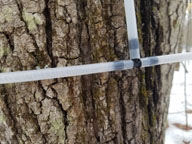
Lake Placid, N.Y.; March 4, 2022. The latest results of maple research from the Northern New York Agricultural Development Program (NNYADP) may suggest a possible advantage of using quarter-inch tubing for sap collection vs. the current maple industry standard. The research is detailed in the “Alternative Maple Tubing That Prevents Clogging and Increases Sap Production” report posted under the Research: Maple tab at https://www.nnyagdev.org.
Maple research commissioned by the farmer-driven NNYADP has prompted the growth of the northern New York maple industry from $3.25 million in 2008, according to a Cornell University survey, to more than $12 million in 2019, with potential to reach a $15 million annual valuation. , which pilot tests the use of quarter-inch tubing to prevent clogging in sap collection lines was funded by the farmer-driven NNYADP and conducted at the Uihlein Maple Research Forest in Lake Placid, New York.
Although the early results of pilot testing of the use of quarter-inch tubing to prevent clogging in sap collection lines in 2020 and 2021 are promising, NNYADP maple project leader and Uihlein Maple Research Forest Director Adam D. Wild urges producers to be patient for more conclusive data.
“We don’t want to rush into promoting quarter-inch tubing until we are confident that plugging will not be an issue,” said Wild, who is monitoring the use of the quarter-inch tubing in gravity and vacuum sap collection systems during the 2022 maple season. Similar monitoring will be conducted again in 2023 before any conclusions can be drawn about use of the quarter-inch tubing.
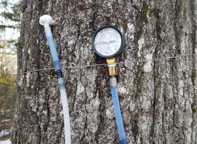
Wild designed trials to address a clogging issue that producers have seen since a popular shift about 10 years ago to the use of three-sixteenths diameter tubing. Recent research has shown that sap production in a three-sixteenths tubing system drops off, due to plugging, as soon as the second year after installation.
The NNYADP trials compare sap production from quarter-inch tubing with three-sixteenths and five-sixteenths tubing as well as the ease of flow through the three sizes over multiple seasons. The larger opening in the quarter-inch line and fixtures are anticipated to make clogging less likely over time.
Quarter-inch diameter tubing, with almost twice the aperture of the three-sixteenths tubing that became popular with maple producers about ten years ago, is not currently available to maple producers. Wild adapted quarter-inch tubing used by other industries for use in these NNYADP research trials at Uihlein.
“We need to see the data to confirm our anticipation that plugging with not be an issue with the quarter-inch tubing. Over time, we would expect quarter-inch tubing would produce higher sap yields than three-sixteenths tubing and would be an alternative tubing option for producers using gravity-driven sap collection systems. The data from these Northern New York trials will tell us if that can be the case,” Wild said.
Wild has presented the results of this research to maple producers and extension educators across New York State and to the Massachusetts Maple Producers Association.
His advice to maple producers currently using three-sixteenths tubing is to follow best hygiene practices for maintaining sap flow through the narrower lines and fixtures.
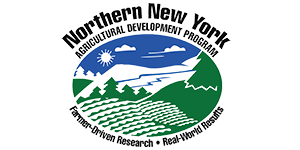 Funding for the Northern New York Agricultural Development Program is supported by the New York State Legislature, and administered by the New York State Department of Agriculture and Markets.
Funding for the Northern New York Agricultural Development Program is supported by the New York State Legislature, and administered by the New York State Department of Agriculture and Markets.
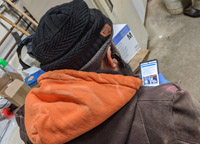
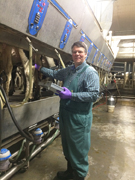
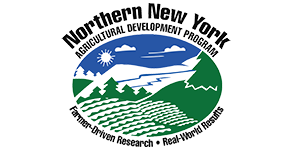 Funding for the Northern New York Agricultural Development Program is supported by the New York State Legislature and administered by the New York State Department of Agriculture and Markets.
Funding for the Northern New York Agricultural Development Program is supported by the New York State Legislature and administered by the New York State Department of Agriculture and Markets.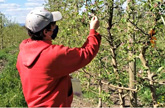
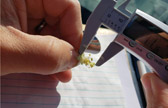
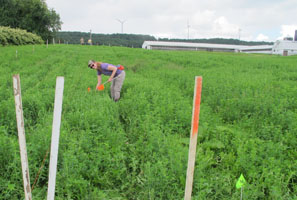
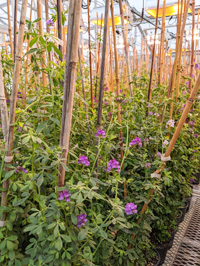
 JANUARY 19, 2022: 12:15 pm -2:15 pm
JANUARY 19, 2022: 12:15 pm -2:15 pm